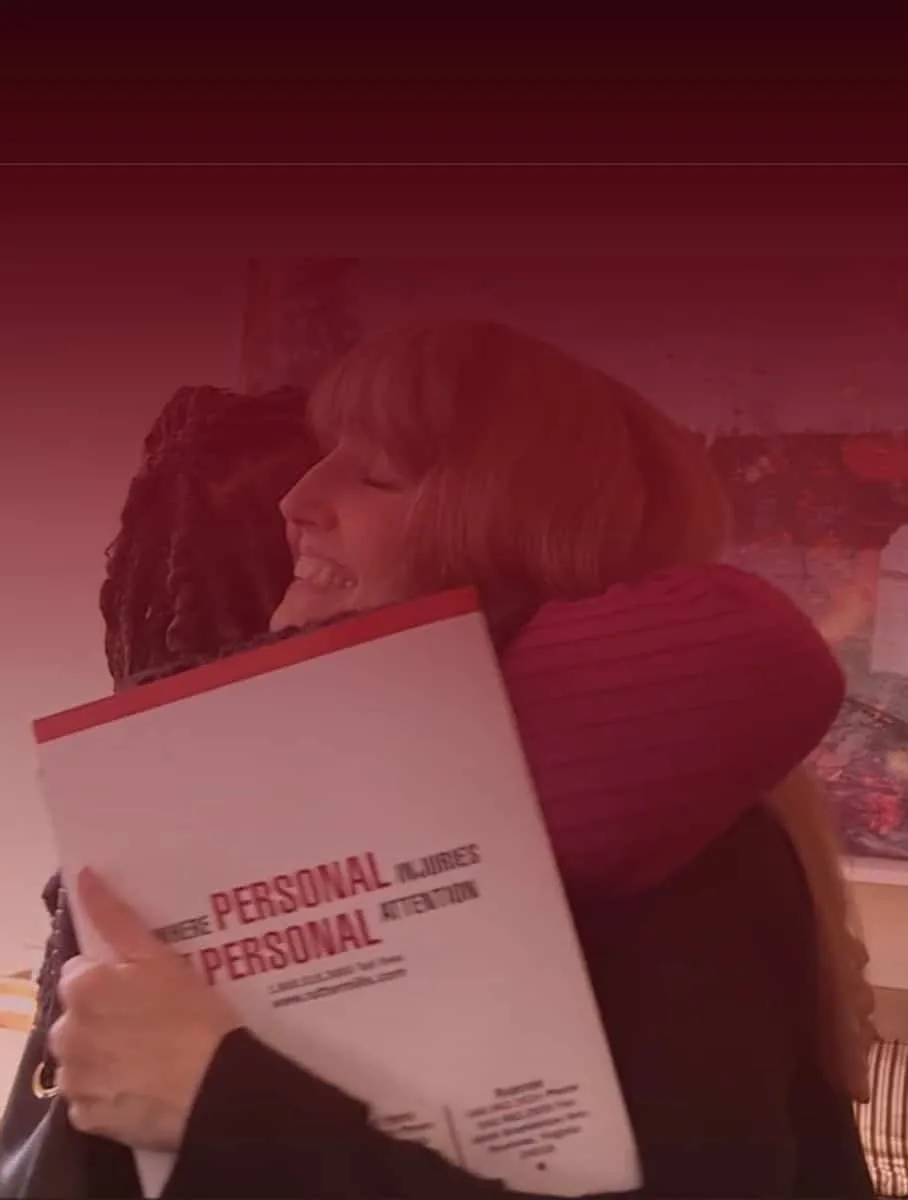
We’re Here for You
Contact Us for a Free Case Evaluation
Our team is ready to listen day or night – 7 days a week, so contact us now to see how we can help you on the road to recovery.

Virginia is one of the few “at-fault” states in the country, which means the person deemed responsible for causing the car accident is also financially liable for paying all damages. For this reason, you should think twice before talking to the other motorist’s insurance company without representation. Naturally, they will be looking for a way out of admitting liability and making a fair offer of payment to cover your damages.
Within days of the crash, expect a call from the other driver’s insurance company. In rare cases where the other driver assumes all fault for the crash, the insurer may offer you a settlement. Beware. Such offers are not usually an indication of the accident’s real worth, particularly when the individuals involved are still recovering and the full extent of their injuries remains unknown.
If you hire a lawyer, your legal advocate will handle all communications with the insurance companies for you. That is the ideal course of action to ensure that you (A) avoid accepting of a lowball offer of settlement; and (B) do not inadvertently say something that could later be used against you. For example- an insurance adjuster might ask you – “How are you today?” If your auto-response is “I’m fine, thank you” –such a statement could lower the value of a settlement offer and even jeopardize the validity of your injury claim. How could you be fine if you are injured?
If you do get caught on the telephone with the adjuster, here are a few tips:
If you want to avoid engaging with the other insurer, consider calling the car accident attorneys at Rutter Mills. Keep in mind there is no law stating you MUST give a statement or cooperate with the other insurer. They will get the information they need to process the claim, through the appropriate channel, in due time.
Talking with your own insurance company is a different matter entirely. When a car accident results in property damage or injuries, most insurance providers require motorists to contact them, often within a specific time period. Check your policy to be sure you comply with the reporting requirements, which will help preserve your right to file a claim with your insurance company down the road if it is necessary. For instance, sometimes the defendant has no insurance or inadequate coverage and you will have to file the claim under your own insurance policy’s uninsured motorist coverage.
Here are a few tips for dealing with YOUR insurer:
Working with your own insurer may give you the impression that someone is “on your side,” but the reality is that insurers often drag their feet on paying claims and fail to pay the full value. Working with an attorney is your best chance of getting the compensation you deserve. Car accident lawyers work on a contingency fee basis, meaning they only get paid if they win compensation on your behalf.
If you were involved in a Virginia auto accident, contact the car accident attorneys of Rutter Mills for a free consultation.
Contact Us for a Free Case Evaluation
Our team is ready to listen day or night – 7 days a week, so contact us now to see how we can help you on the road to recovery.
